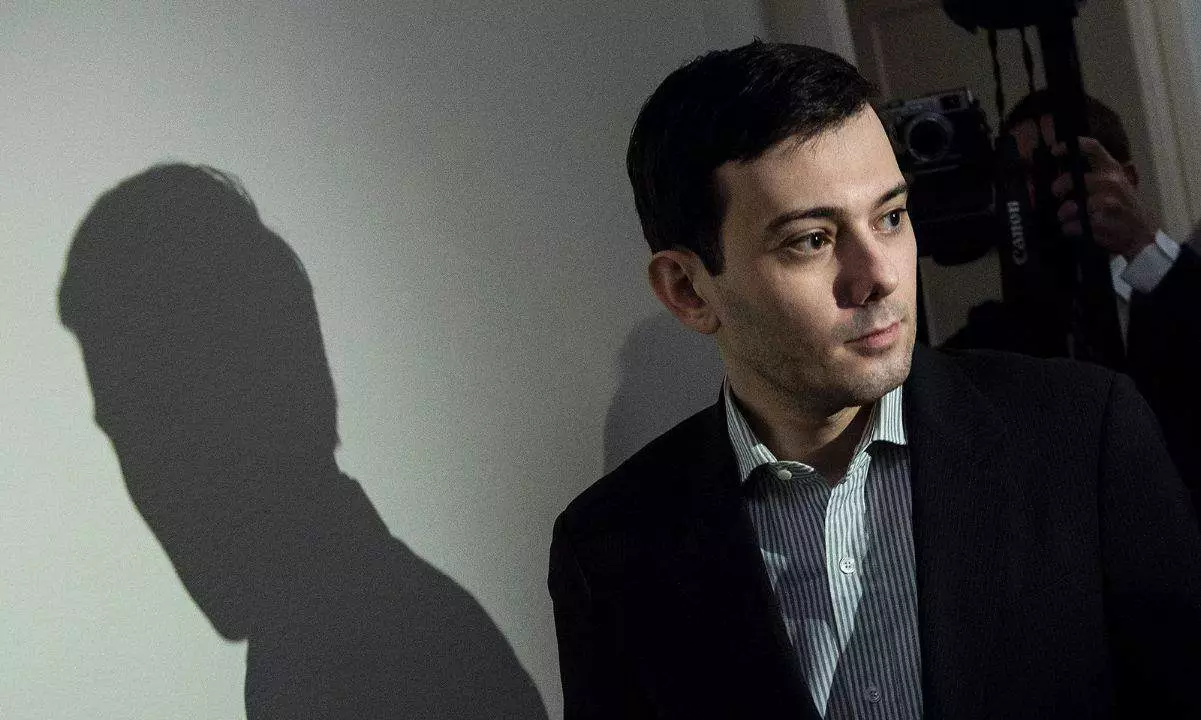The name Martin Shkreli has become synonymous with controversy in the financial and pharmaceutical spheres. However, a new chapter in his saga is unfolding in a New York courtroom, where Shkreli faces a lawsuit initiated by a decentralized finance collective known as PleasrDAO. At the heart of this legal drama is a rare recording by the groundbreaking hip-hop group Wu-Tang Clan. The intricacies of this case serve as a captivating exploration of ownership, digital assets, and the ramifications of past actions.
The conflict can be traced back to June 2024 when PleasrDAO filed a lawsuit against Shkreli. They accused him of illegally retaining and duplicating a one-of-a-kind album titled *Once Upon a Time in Shaolin*, which he purchased for an astonishing $2 million at auction in 2015. The project, shrouded in secrecy, was created only for private enjoyment, with a condition prohibiting public release until 2103. However, Shkreli’s illicit actions following the acquisition, including claims of creating several copies, have thrust the issue of ownership into the spotlight. His latest court filing seeks to dismiss PleasrDAO’s claims on the grounds that they are “preempted by the Copyright Act,” a rather audacious move considering the complex ownership stakes involved.
The legal tug-of-war over *Once Upon a Time in Shaolin* doesn’t merely revolve around Shkreli and PleasrDAO; it also implicates two vital members of the Wu-Tang Clan: The RZA (Robert Diggs) and Cilvaringz (Tarik Azzougarh). Shkreli’s request to include them in the proceedings highlights the intricacies of co-ownership and the resultant rights related to the album. By doing so, he is not just defending his ground but also complicating the existing narrative surrounding the album’s ownership. The dispute raises profound questions about the nature of intellectual property and the rights of artists versus collectors in the digital age.
To understand the stakes at play, it is essential to conclude how the album transitioned from Shkreli’s hands to those of PleasrDAO. Following Shkreli’s arrest in 2018 on separate fraud charges, authorities seized the album as part of their investigations. In July 2021, PleasrDAO acquired it for a staggering $4.75 million, intending to mint it into a Non-Fungible Token (NFT). NFTs represent a new frontier in digital ownership, complicating how we view and transfer assets. For PleasrDAO, their investment not only reflects a financial transaction but also a cultural touchstone that they believe should be protected.
In a surprising twist, Shkreli has not only contested the legality of PleasrDAO’s claims but has also antagonized them publicly. Reports indicate that he has showcased the album on his social media platforms, asserting ownership through actions that suggest he possesses the album’s copies hidden in safes worldwide. His provocative actions have drawn the ire of PleasrDAO, who argue that this not only diminishes the value of their acquisition but also violates their rights as the rightful owners. The brashness with which Shkreli has approached this situation indicates a troubling sense of entitlement that has been a hallmark of his public persona since his initial rise to infamy.
This legal dispute extends beyond individual stakeholders. It encapsulates the broader tensions surrounding digital assets, copyright law, and the music industry. For PleasrDAO, the situation exemplifies the clash between traditional ownership and emerging forms of digital property. Meanwhile, Shkreli’s claims illustrate a growing anxiety within the music industry concerning the management and monetization of unique works. As the courts deliberate, Shkreli’s case stands as a significant marker for how intellectual property will adapt to new technologies and the ethical questions they pose.
The outcome of this case could guide future transactions involving NFTs and creative works, impacting artists, investors, and collectors alike. As digital landscapes evolve, the persistent issues of rights, ownership, and ethics will continue to shape the dialogues around art and commerce. The saga of Martin Shkreli and his entanglement with PleasrDAO is poised to be more than just another chapter in legal history; it is set to define foundational principles for the future of digital asset ownership.


Leave a Reply